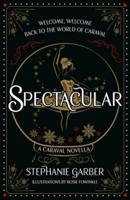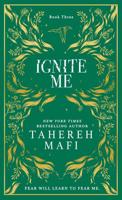Publisher's Synopsis
Excerpt from The Ballads of Ireland, Vol. 1
Periods of great excitement are unfavourable to the de velopment of letters, or the progress of civilization. History teems with illustrations of this truth. After the impetus given to English literature by Chaucer, its progress wasfcompletely checked by the civil contentions which succeeded. The Wars of the Roses threw English poetry back for two hundred years. We almost lose sight of it from the fourteenth to the sixteenth century, when Surrey and Wyatt make their appear ance upon the silent stage. The troubled reigns of Henry, Edward the Sixth, and Mary, were also singularly barren of poetry. The vigorous policy of Elizabeth having quelled storms of those troublous times, national victory inspired the popular voice. Jeffrey, speaking of literature in the reign of James the First, says, it would probably have advanced still further, in the succeeding reign, had not the great nationhl dissensions which then arose, turned the energy and talent of the people into other channels - first to the assertion of their civil rights, and afterwards to the discussion of their religious interests. The graces of literature, he adds, suffered of course in these contentions, and a shade of deeper austerity was thrown over the intellectual chronicler of the nation. If the absence of civil rights or religious freedom, or the struggle for their assertion, be a barrier to intellectual pro gress, Ireland may well be poor in literature to-day. Indeed the wonder is, how she has even a literature at all, when we consider the proscription of her intellect. Her history is one ong series of warfare and disaster; and from the Battle of the Boyne to this hour, her energies have been absorbed either in struggles for religious liberty or in contests for political power.
Even the dramatic literature of England has never re covered from the hostility of the Puritans. In 1642, it was enacted, that all stage-plays should be discountenanced. Theatricals were constituted a public offence, punishable by'
About the Publisher
Forgotten Books publishes hundreds of thousands of rare and classic books. Find more at www.forgottenbooks.com
This book is a reproduction of an important historical work. Forgotten Books uses state-of-the-art technology to digitally reconstruct the work, preserving the original format whilst repairing imperfections present in the aged copy. In rare cases, an imperfection in the original, such as a blemish or missing page, may be replicated in our edition. We do, however, repair the vast majority of imperfections successfully; any imperfections that remain are intentionally left to preserve the state of such historical works.


























